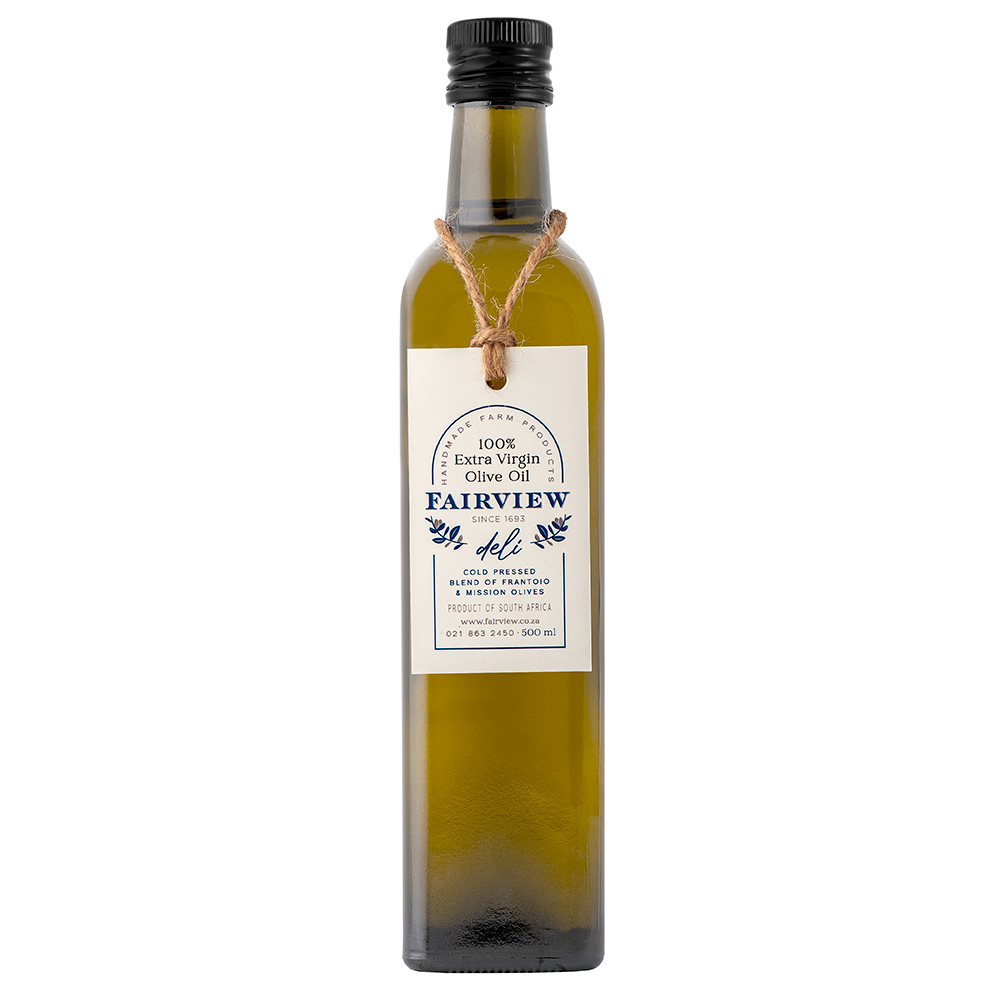Understand All About Olive Oil and Its Necessary Role in Mediterranean Food
Olive oil, a vital ingredient in Mediterranean food, has a rich history crossing countless years. This functional oil, offered in varieties like additional virgin and instilled, adds distinct tastes and health advantages to a range of meals, from salads to pasta - olive oil for sale. It's not just its culinary value that makes it a staple, but likewise its possibility for increasing heart wellness and overall wellness. This post aims to grow your understanding of olive oil and its indispensable role in Mediterranean way of life and food.
The Background and Origin of Olive Oil in the Mediterranean

Identifying Types of Olive Oil and Their Special Characteristics
Looking into the world of olive oil, one soon uncovers a surprising range of types, each flaunting one-of-a-kind qualities and taste accounts. Bonus virgin olive oil, the highest high quality, is renowned for its full-bodied taste and reduced level of acidity. Virgin olive oil, though less luxurious, provides a well balanced taste and a slightly higher level of acidity degree. Pure olive oil, a mix of cold-pressed and refined oils, has a lighter taste and shade, making it suitable for cooking as opposed to clothing. Light and added light olive oil, in contrast to their names, do not refer to calorie web content yet instead to their color and flavor, which are the lightest among all types. Finally, instilled olive oils, which are imbued with herbs, spices, or fruits, add a distinct twist to standard olive oil.
The Production Process: From Olive Grove to Container
Understanding the different kinds of olive oil and their one-of-a-kind attributes is just the beginning. The manufacturing procedure, from olive grove to bottle, is a remarkable trip soaked in tradition and precision. It starts in the olive groves, where the fruit is gathered at the optimal time to make sure the most effective flavor. The olives are after that promptly delivered to the mill to stop putridity. Here, they are cleaned and squashed into a paste. The paste is mixed, allowing the oil to divide from the pulp. This oil is then pushed and filteringed system, resulting in the best of olive oil. The procedure is thorough, showing the value of this golden liquid in Mediterranean food.
Olive Oil's Contribution to Mediterranean Cuisines
Infusing an array of Mediterranean meals with its distinct flavor, olive oil makes its mark as an essential ingredient. click site It conveys a rich, robust taste to salads, pasta, and roasted vegetables, while including a silky structure to sauces and dips. Its use is not restricted to simple food preparation; it also works as a clothing for salads and a dipping sauce for bread. In Mediterranean cuisine, olive oil is used freely, not simply for its taste, however additionally for its ability to improve the tastes of various other ingredients. It's no exaggeration to claim look at this now that olive oil is the foundation of numerous Mediterranean meals, giving an underlying note of flavor that binds with each other diverse components. The relevance of olive oil in Mediterranean cuisine is self-evident; it absolutely defines the region's cooking identity.
Health And Wellness Perks of Olive Oil: Why It's a Mediterranean Diet Regimen Staple

Verdict
In conclusion, olive oil, essential to Mediterranean food, has an abundant background and distinct manufacturing process. Its various types each have one-of-a-kind tastes, enhancing a myriad of dishes and adding to the diet regimen's total health benefits. As it continues to be an irreplaceable staple, olive oil's influence stretches beyond the kitchen area, significantly affecting heart health and wellness and general wellness. The trip of olive oil genuinely epitomizes the essence of the Mediterranean lifestyle.
 Charlie Korsmo Then & Now!
Charlie Korsmo Then & Now! Christina Ricci Then & Now!
Christina Ricci Then & Now! Jennifer Love Hewitt Then & Now!
Jennifer Love Hewitt Then & Now! Elisabeth Shue Then & Now!
Elisabeth Shue Then & Now! Richard Thomas Then & Now!
Richard Thomas Then & Now!